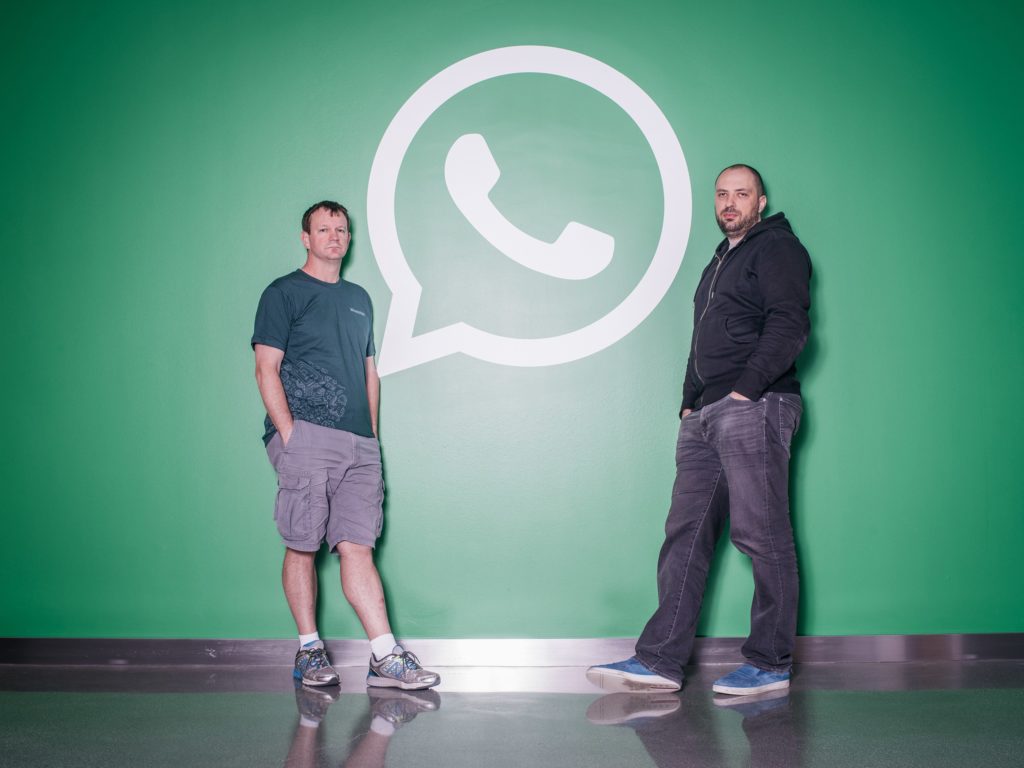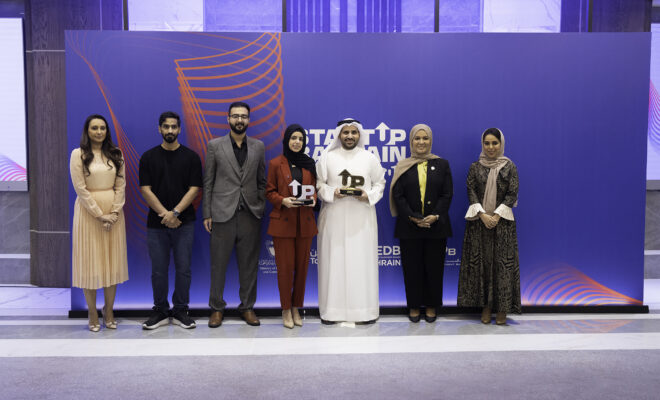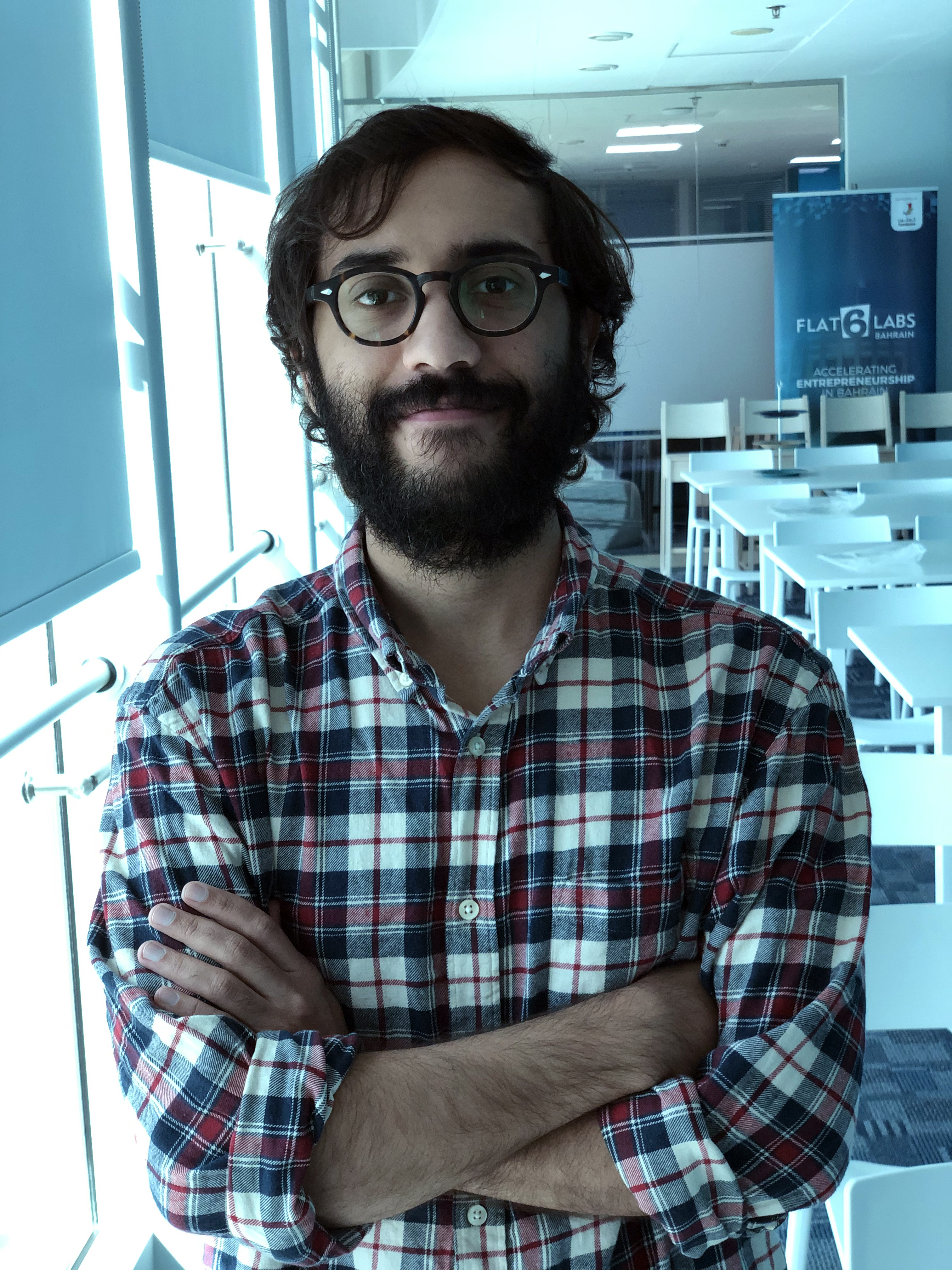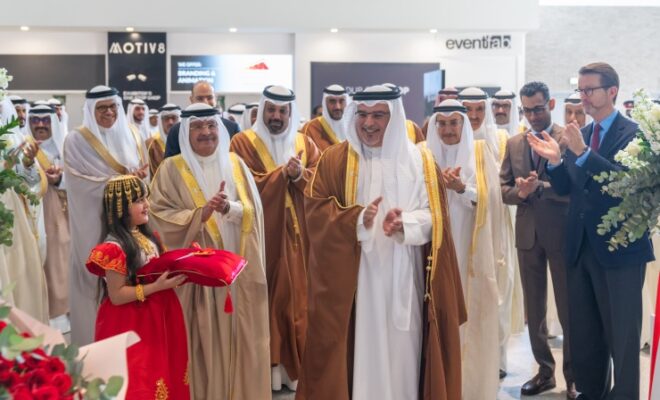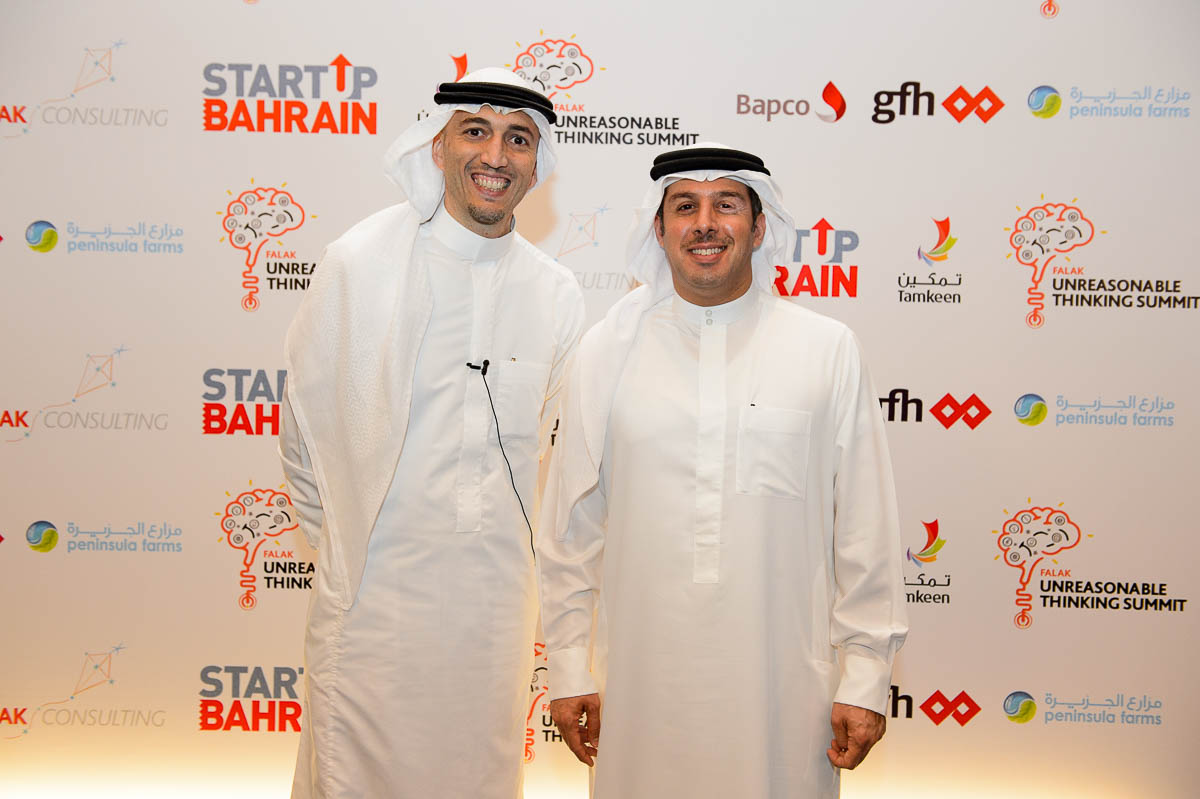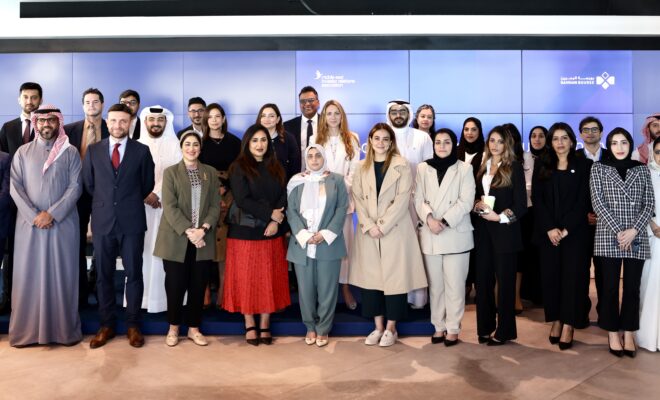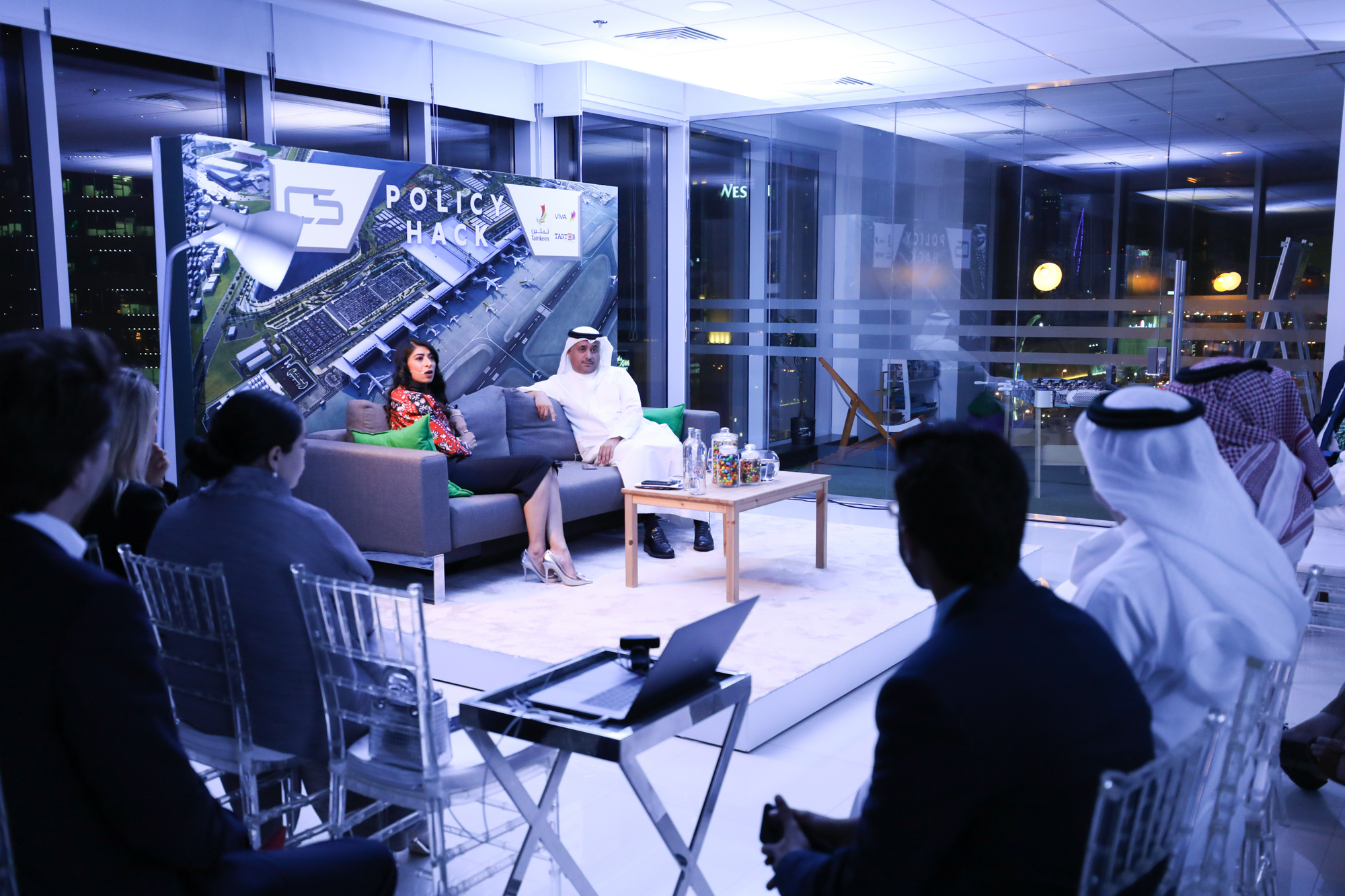WhatsApp Founder Jan Kuom went from Rags to Riches
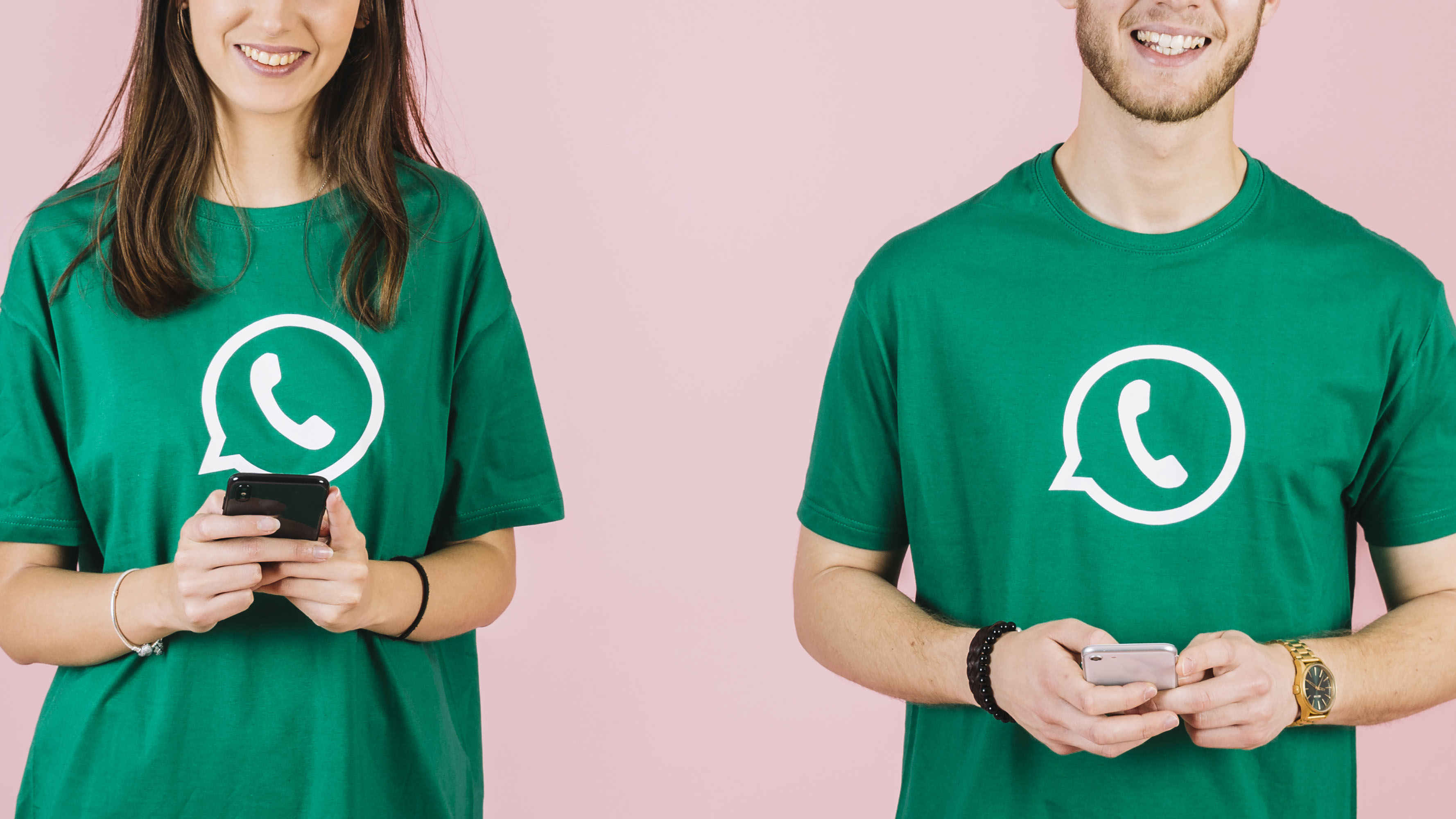
WhatsApp has become an indispensable communication tool for people around the world. But what do we know of its founder, Jan Kuom and how he went from rags to riches? Read on to find out more.
Jan Koum is a Ukrainian-American entrepreneur and computer programmer. He is the co-founder and was the CEO of WhatsApp, a mobile messaging application which was acquired by
Facebook Inc. in February 2014 for US$19.3 billion. Kuom, who once stood in line to collect food stamps in the former North County Social Services office also inked the deal which sold his company to Facebook on the same spot, showing just how far he has gone. It’s small wonder that WhatsApp, the messaging phenomenon that made $20 million in revenue in 2013 would want to be acquired by the social media giant Facebook.
In 2014, Kuom entered the Forbes list of the 400 richest Americans at position 62, with an estimated net worth of $7.5 billion, the highest-ranked newcomer to the list that year. Humble Beginnings Kuom, who is believed to own 45% of WhatsApp was born and raised in a small village outside of Kiev, Ukraine; the only child of a housewife and construction manager who built hospitals and schools. His house had no hot water, and his parents rarely talked on the phone in case it was tapped by the state. It sounds bad, but Koum still remembers and longs for
this rural kind of life—one of the reasons why he is so against advertising. In 1992, he moved with his mother and grandmother to Mountain View, California where a social support program helped the family to get a small two-bedroom apartment. Kuom’s mother stuffed their suitcases with pens and a stack of 20 Soviet issued notebooks to avoid paying for school supplies in the US. His father intended to join the family at a later date but was never able to and died in Ukraine.
At first, Kuom’s mother was a babysitter while he himself worked as a cleaner at a grocery store. When his mother was diagnosed with cancer, they lived off her disability allowance. Developing an interest in computer programming at a young age, he taught himself how to write codes even though he didn’t have any formal schooling. He enrolled at San Jose State University and simultaneously worked at Ernst & Young as a security tester. He also joined a group of hackers called w00w00 where he met the future founders of Napster: Shawn
Fanning and Jordan Ritter.
Yahoo & Brian Acton
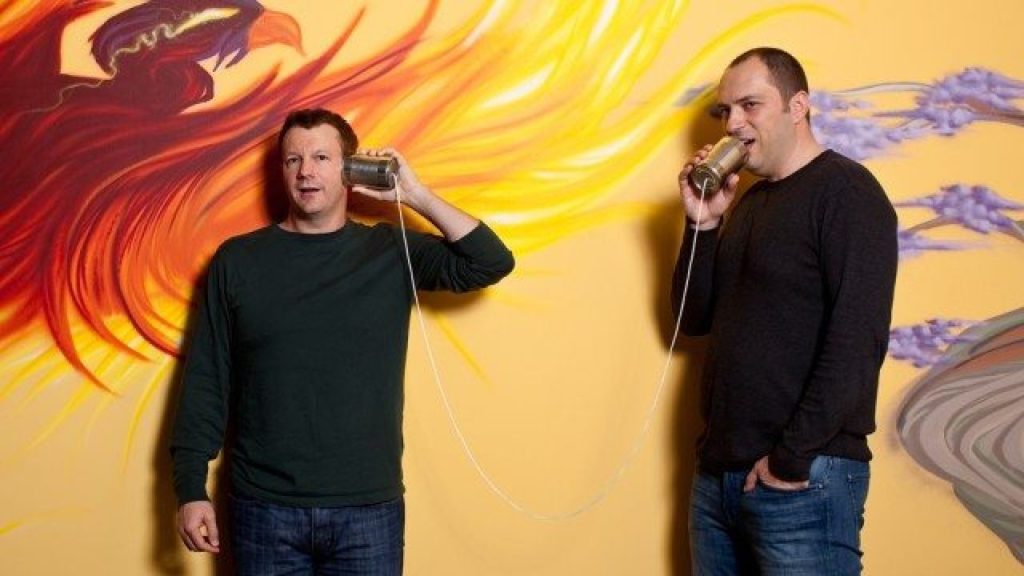 Six months later, Kuom interviewed at Yahoo and got a job as an infrastructure engineer. It was during his stint at Yahoo that he made friends with Brian Acton, who was to be an influential person in his life. When Kuom’s mother died of cancer and he had no one else, Acton was his anchor. Over the next nine years at Yahoo, Kuom and Acton worked together. In September 2007, they both left Yahoo and took a year off, traveling to South America and playing ultimate frisbee. Both applied to work at Facebook and both were rejected. “We’re part of the Facebook reject club,” Acton says. Over the next nine years, the pair also watched Yahoo go through multiple ups and downs. Acton invested in the dotcom boom, and lost millions in the 2000 bust.
Six months later, Kuom interviewed at Yahoo and got a job as an infrastructure engineer. It was during his stint at Yahoo that he made friends with Brian Acton, who was to be an influential person in his life. When Kuom’s mother died of cancer and he had no one else, Acton was his anchor. Over the next nine years at Yahoo, Kuom and Acton worked together. In September 2007, they both left Yahoo and took a year off, traveling to South America and playing ultimate frisbee. Both applied to work at Facebook and both were rejected. “We’re part of the Facebook reject club,” Acton says. Over the next nine years, the pair also watched Yahoo go through multiple ups and downs. Acton invested in the dotcom boom, and lost millions in the 2000 bust.
For all of his distaste for advertising now he was also deep in it back then, getting pulled in to help launch Yahoo’s important and much-delayed advertising platform Project Panama in 2006. “Dealing with ads is depressing,” he says now. “You don’t make anyone’s life better by making advertisements work better.” He was emotionally drained. “I could see it on him in the hallways,” says Koum, who wasn’t enjoying things either. In his LinkedIn profile, Koum unenthusiastically describes his last three years at Yahoo with the words, “Did some work.”
We want WhatsApp to be the product that keeps you awake… and that you reach for in the morning.
The Beginning of WhatsApp
Koum was eating into his $400,000 in savings from Yahoo, and drifting. In January 2009, Kuom bought an iPhone and realized that the seven-month-old App store was about to spawn a whole new industry of apps. He visited his friend Alex Fishman and the two talked for hours about Koum’s idea for an app over tea at Fishman’s kitchen counter. Kuom almost immediately chose the name WhatsApp because it sounded like “What’s Up?”. “Jan was showing me his address book,” recalls Fishman. “His thinking was it would be really cool to have statuses next
to individual names of the people.” The statuses would show if you were on a call, your battery was low, or you were at the gym. Koum could do the backend, but he needed an iPhone developer, so Fishman introduced Koum to Igor Solomennikov, a developer in Russia that he’d found on RentACoder.com.
Early WhatsApp kept crashing or getting stuck, and when Fishman installed it on his phone, only a handful of the hundred numbers on his address book— mostly local Russian friends—had also downloaded it. Over ribs at Tony Roma’s in San Jose, Fishman went over the problems and Koum took notes in one of the Soviet-era notebooks he’d brought over years before and saved for important projects. The following month after a game of ultimate frisbee with Acton, Koum grudgingly admitted he should probably fold up and start looking for a job. Acton balked. “You’d be an idiot to quit now,” he said. “Give it a few more months.”
Ping-ing into Success
Of course as with every product/ service, WhatsApp was initially unpopular, but its fortunes began to turn after Apple added push notification ability to apps in June 2009. Koum changed WhatsApp to “ping” users when they received a message, and soon afterwards he and Fishman’s Russian friends in the area began to use WhatsApp as a messaging tool, in place of SMS. The app gained a large user base, and Koum convinced Acton, who was then still unemployed, to join the company. Koum granted Acton co-founder status after Acton managed to bring in $250,000 in seed funding. On February 9, 2014 Zuckerberg asked Kuom to have dinner at his home and formally proposed Kuom to join the Facebook board. 10 days later, Facebook announced that it would be acquiring
WhatsApp for US$19 billion. Over the first half of 2016, Koum sold more than $2.4 billion worth of Facebook stock, which was about a half of his total holdings. He is estimated to still own
another $2.4 billion worth of Facebook stock. In November 2014, Koum donated one million dollars to The FreeBSD Foundation, and close to $556 million to the Silicon Valley Community Foundation (SVCF) the same year. In December 2016, Jan Koum donated another 500 thousand dollars to The FreeBSD Foundation, continuing his passion for helping others.
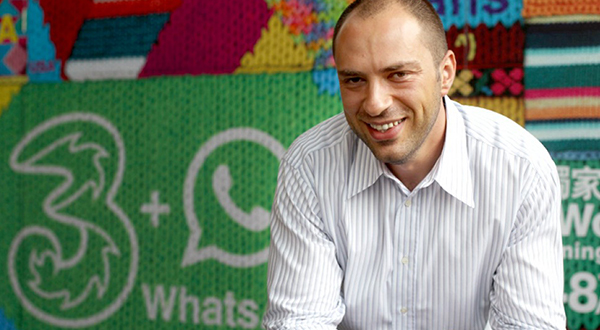 Success Lessons Gleaned from Kuom
Success Lessons Gleaned from Kuom
1)Your background does not have the power to hold you back unless you allow it.
Kuom did menial jobs like cleaning and mopping at a grocery store while his mother did babysitting. At a point in his life, Kuom and his mother depended on allowances from the government. Yet now he is one of the richest men in the world, which just goes to show you that your background cannot dictate what you become.
2)School is just a certificate.
He was still at San Jose State University when two weeks into his job at Yahoo, one of the company’s servers broke. Yahoo cofounder David Filo called his mobile for help. ’I’m in class,’ Koum answered discreetly. ’What the hell are you doing in class?’ Filo said. ‘Go to the office.’ Filo had a small team of server engineers and needed all the help he could get. ’I hated school anyway,’ Koum says. He dropped out.
3)Pay attention to the details.
On his birthday on Feb. 24th 2009, Kuom incorporated WhatsApp Inc. in California. He’s very thorough, said Fishman. The app hadn’t even been written yet. Koum spent dayscreating the backend code to sync his app with any phone number in the world, poring over a Wikipedia entry that listed international dialing prefixes—he would spend many infuriating months updating it for the hundreds of regional nuances.”
4)Don’t allow disappointment to overwhelm you.
Kuom was turned down for employment by Facebook. He mentioned “Facebook turned me down. It was a great opportunity to connect with some fantastic people. Looking forward to life’s next adventure.” In the end, Facebook would acquire the app that Kuom made making him rich!
5)Be passionate about what matters.
Jan wanted to create a product that would meet a need, and when this product filled the need, money came. Today he is a billionaire. Money was not his primary motivation. He says he just wanted to build a great product. “I started WhatsApp, to build a product. I do not want to create a company around it, the goal was not to earn. We wanted to spend our time building a service people wanted to use because it worked and saved them money and made their lives better in a small way.”
6)Word of mouth is still the best form of advertising.
Do you know how much WhatsApp spends on marketing their service? Zero! WhatsApp has a ‘no ads’ policy. This is what WhatsApp says about advertising, “No one wakes up excited to see more advertising, no one goes to sleep thinking about the ads they’ll see tomorrow. We know people go to sleep excited about who they chatted with that day (and disappointed about who they didn’t). We want WhatsApp to be the product that keeps you awake… and that you reach for in the morning. No one jumps up from a nap and runs to see an advertisement.” And hey, they’re right!



